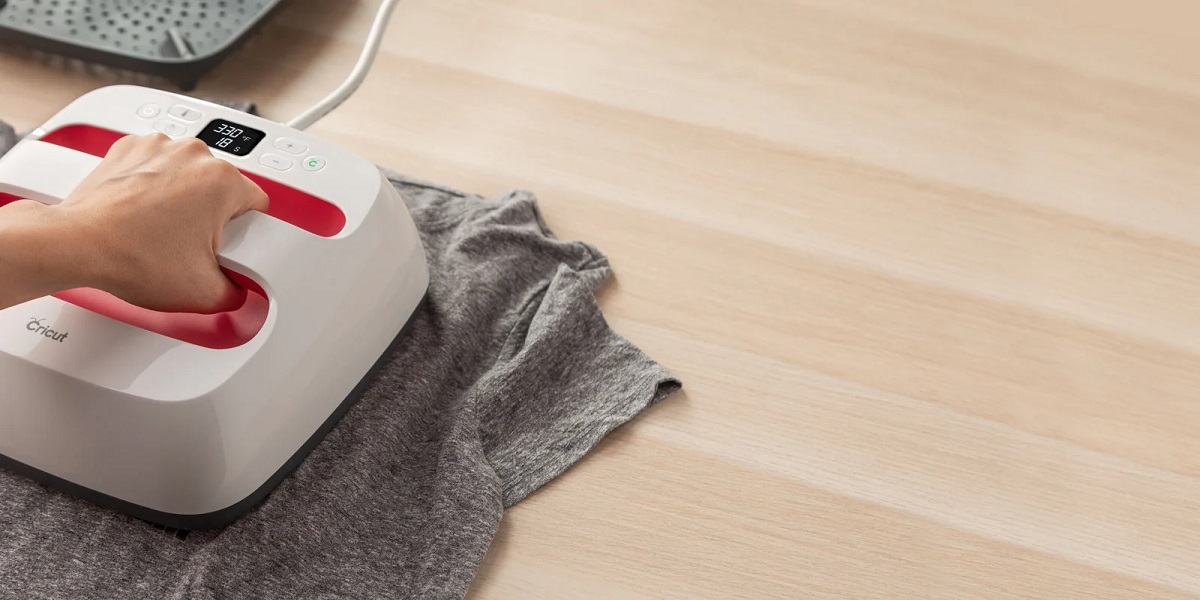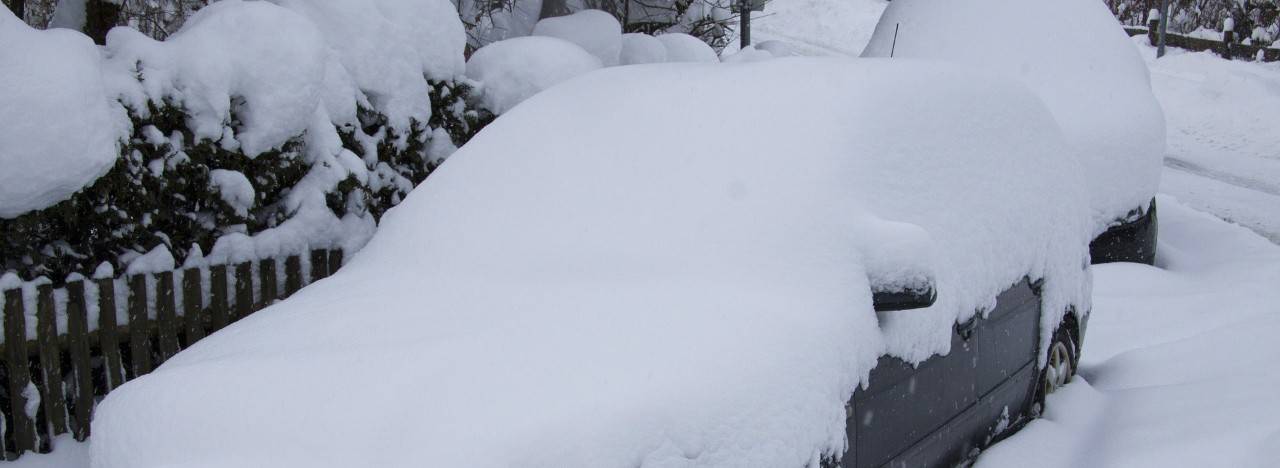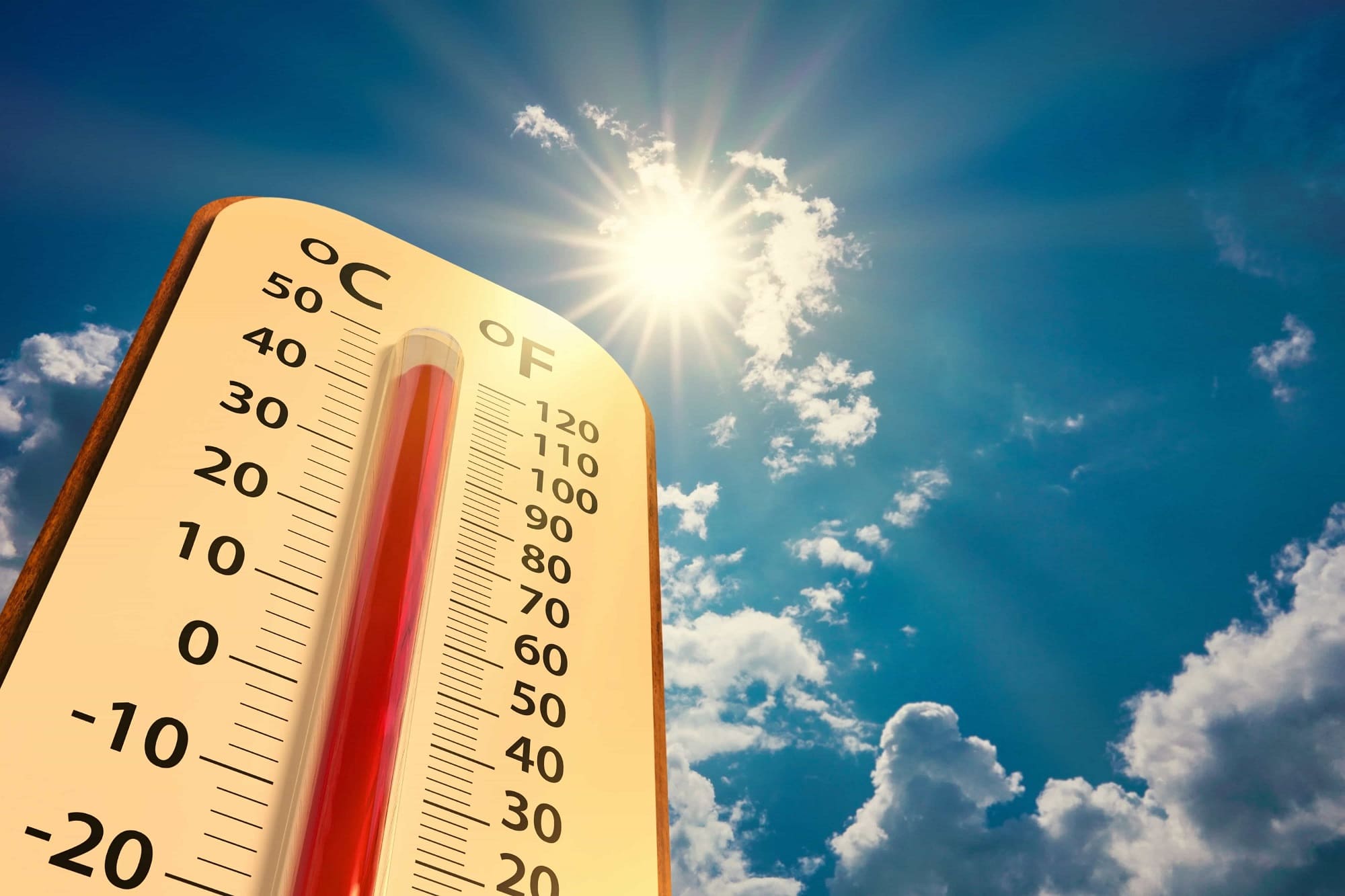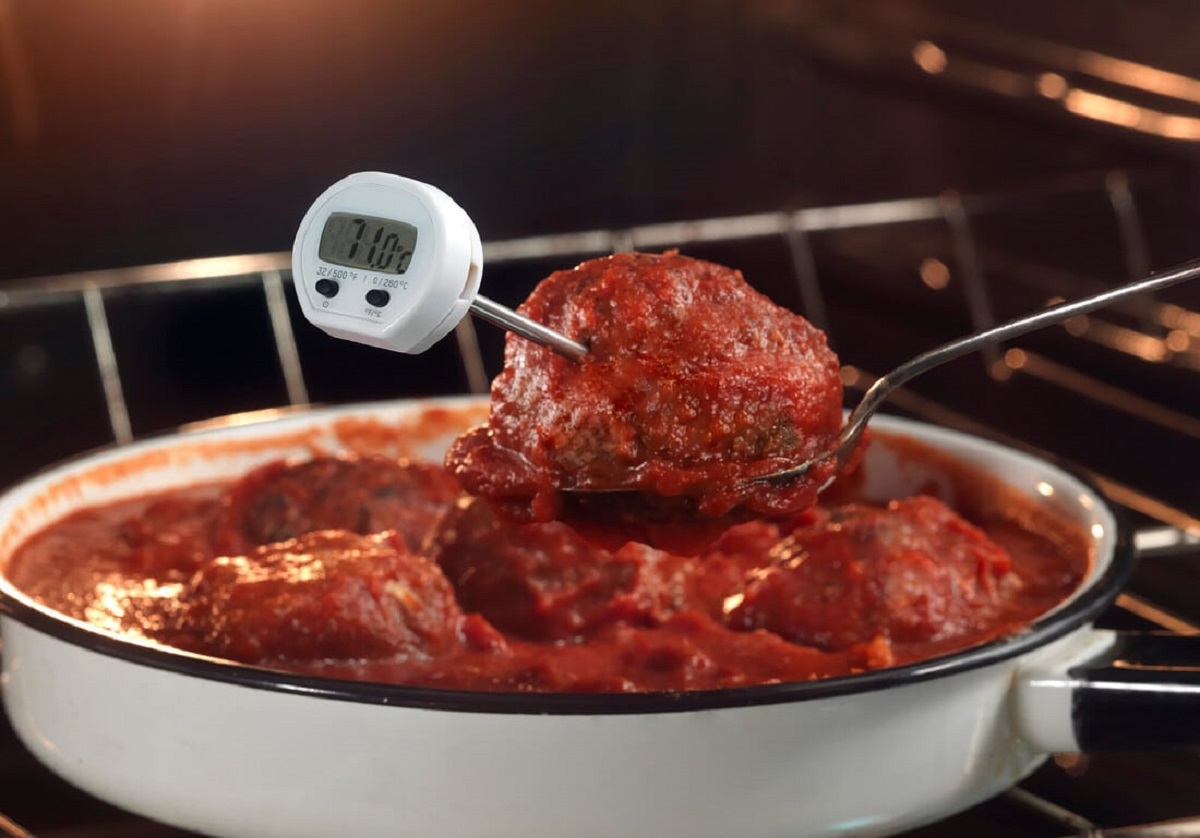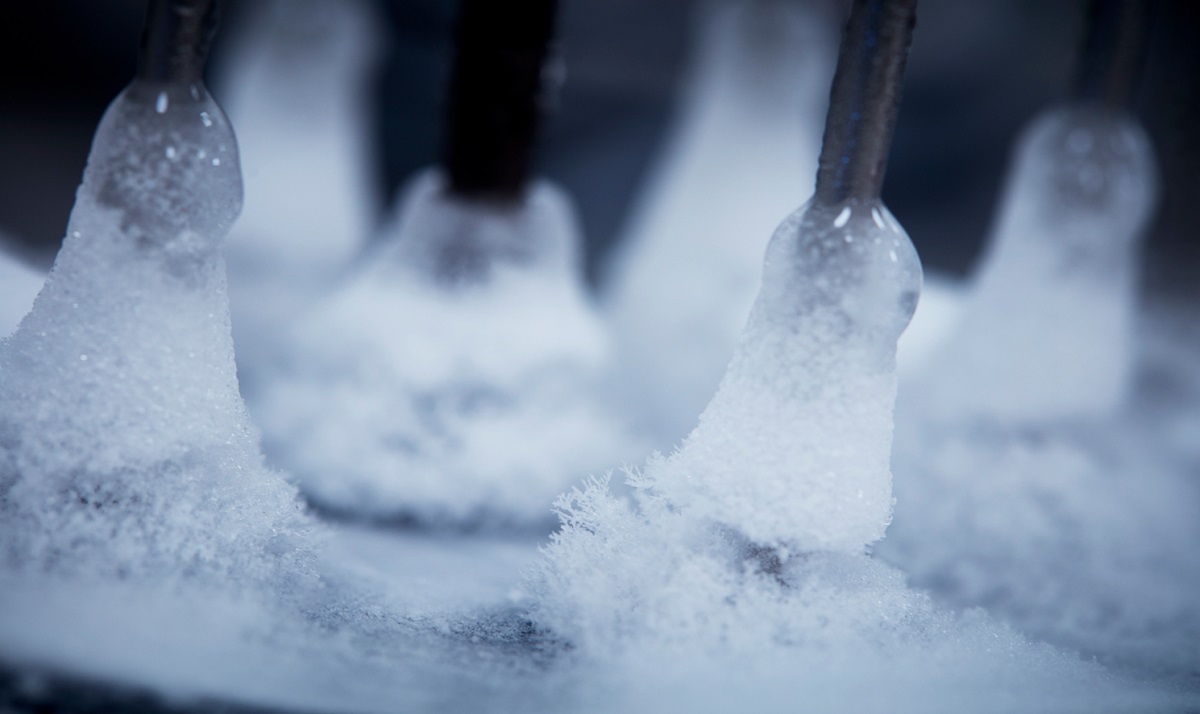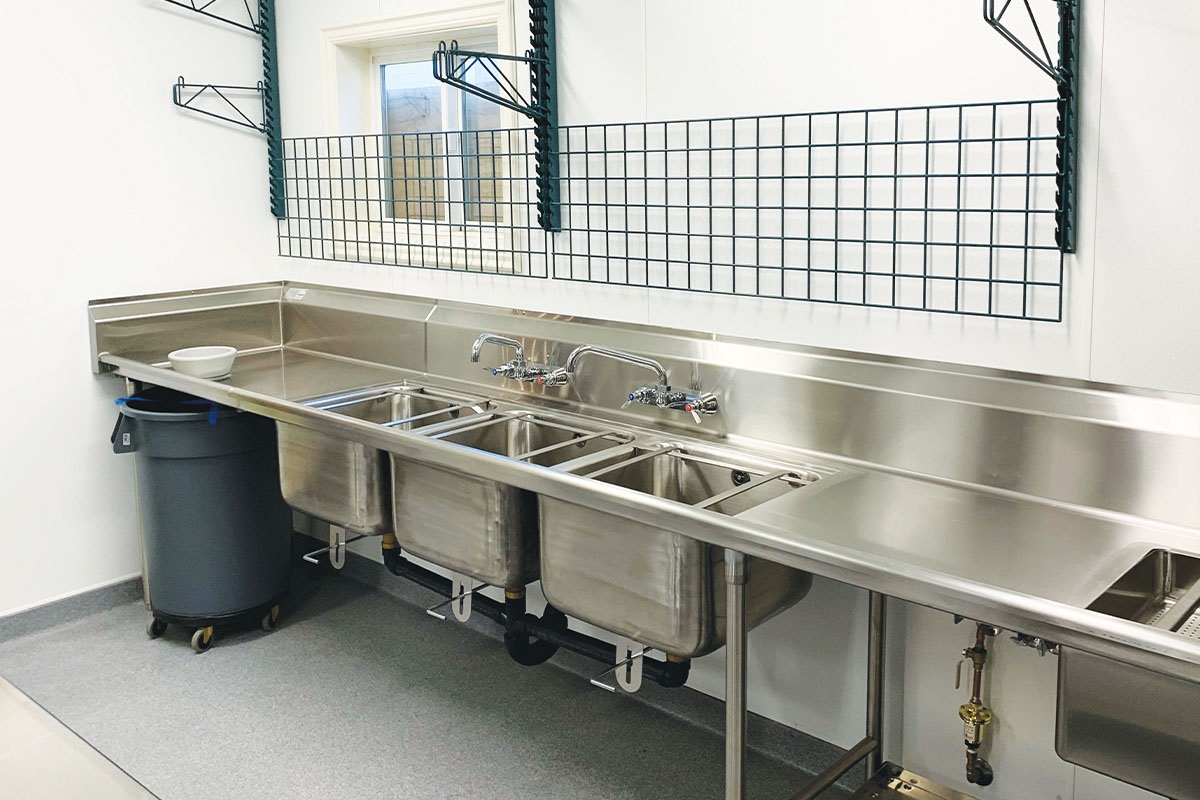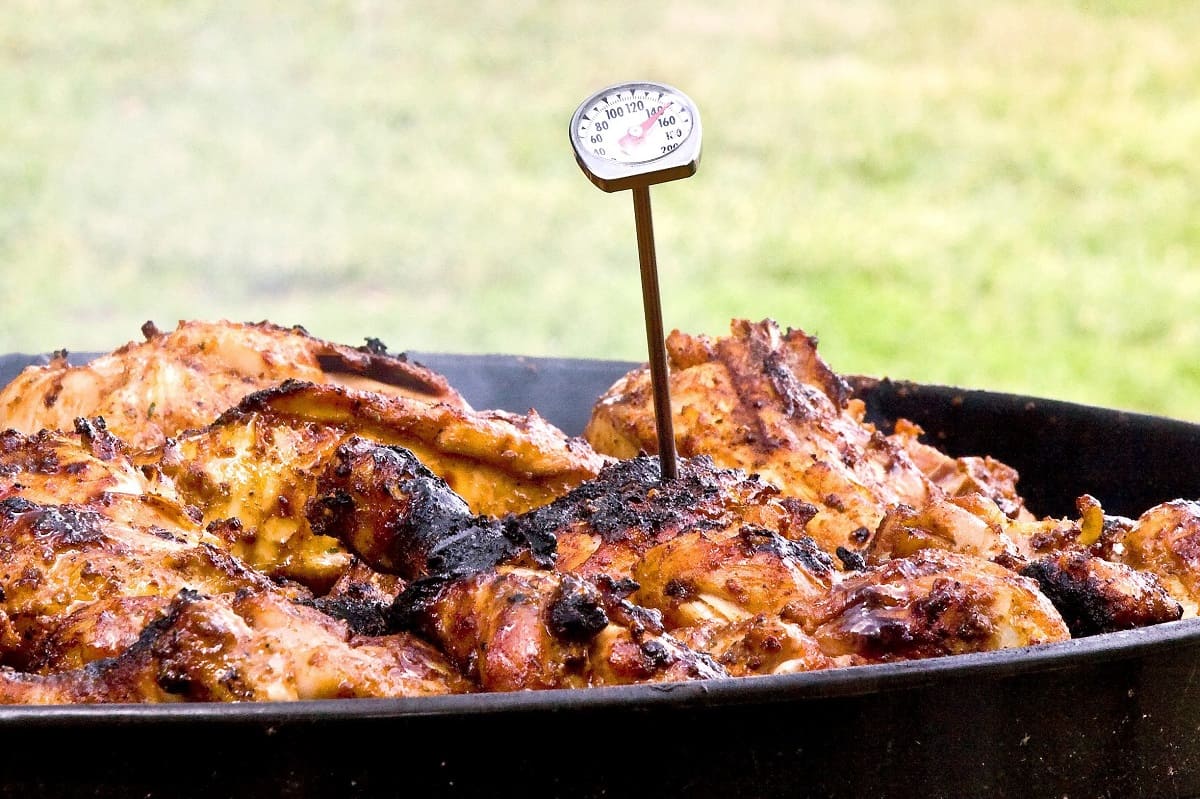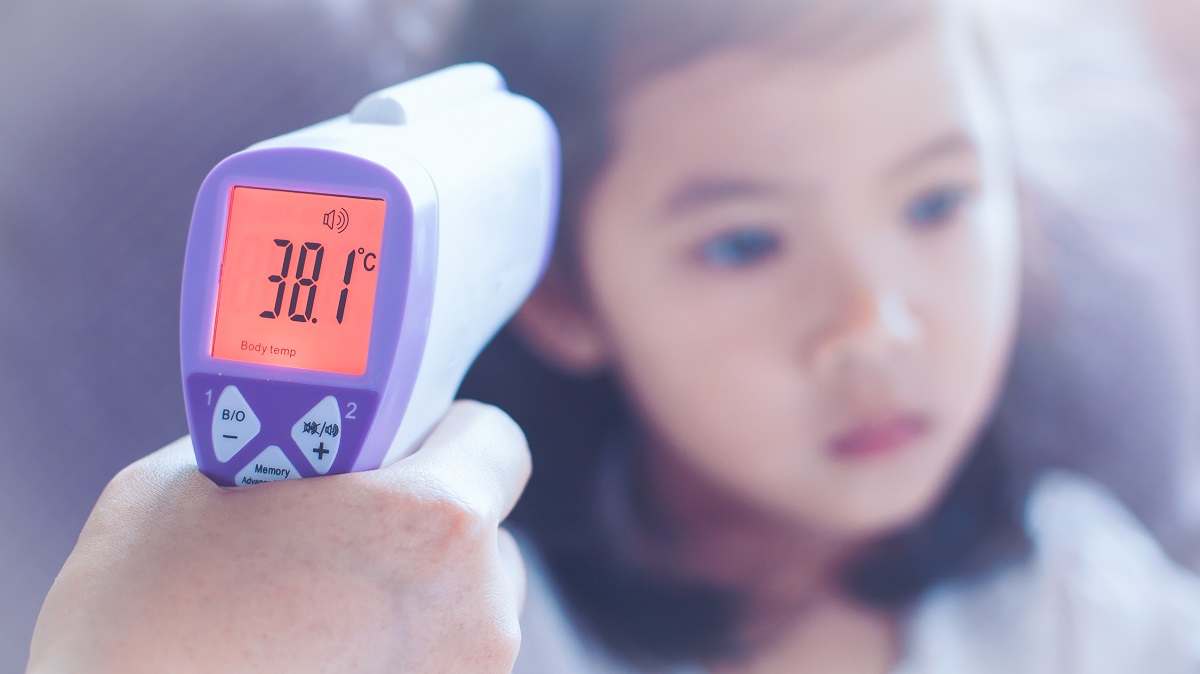Home>Weather and Climate>How To Safely Use A Washing Machine In Freezing Weather
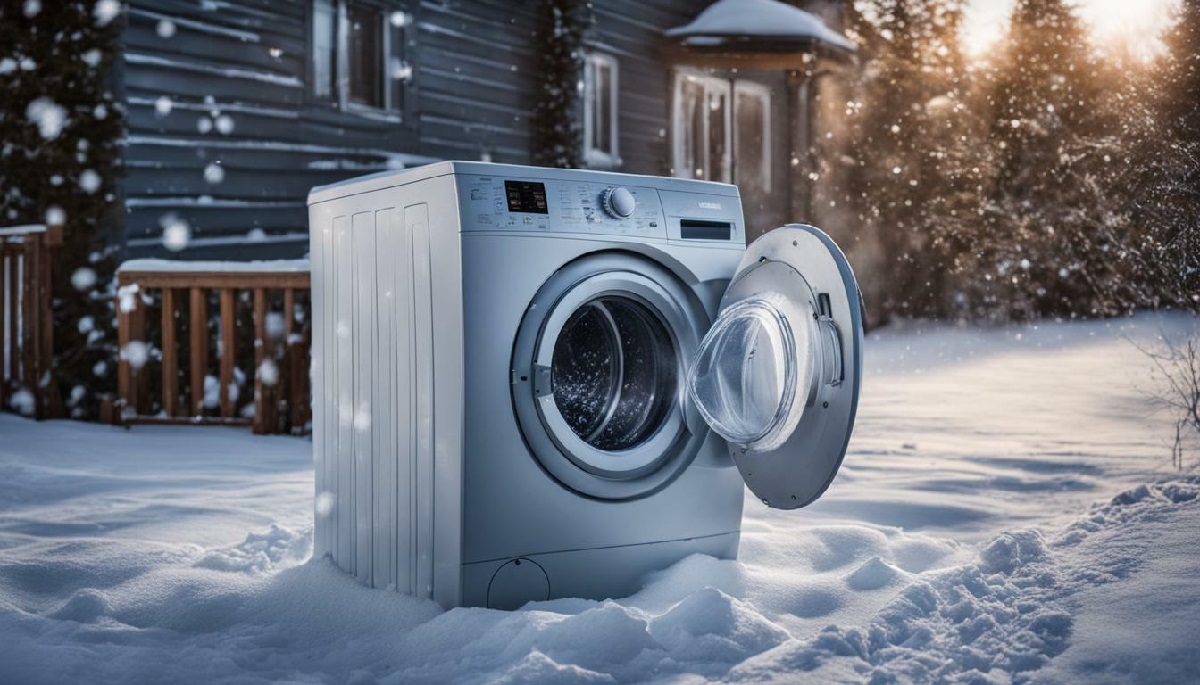

Weather and Climate
How To Safely Use A Washing Machine In Freezing Weather
Published: March 2, 2024
Learn how to safely operate your washing machine in freezing weather conditions. Follow these tips to protect your appliance and prevent damage. Stay prepared for any weather and climate challenges.
(Many of the links in this article redirect to a specific reviewed product. Your purchase of these products through affiliate links helps to generate commission for Temperatures.com, at no extra cost. Learn more)
Table of Contents
Understanding the Impact of Freezing Weather on Washing Machines
Freezing weather can pose significant challenges for washing machines, potentially leading to various issues that may affect their performance and longevity. When temperatures plummet, the water inside the washing machine and its components can freeze, causing potential damage. Understanding the impact of freezing weather on washing machines is crucial for taking proactive measures to safeguard these appliances during cold spells.
-
Freezing of Water: In freezing temperatures, any residual water left in the washing machine after a cycle can freeze. This can lead to the expansion of the frozen water, potentially causing damage to the internal components of the machine.
-
Rigid Hoses and Pipes: The hoses and pipes connected to the washing machine can become rigid in freezing weather, increasing the risk of cracks or leaks. This can result in water damage to the surrounding area and compromise the functionality of the washing machine.
-
Electrical Components: Extreme cold can affect the electrical components of the washing machine, potentially leading to malfunctions or short circuits. The cold can also cause the rubber seals and gaskets to become brittle, increasing the likelihood of leaks and inefficiencies.
-
Deterioration of Plastic Parts: The plastic components of the washing machine, including the detergent dispenser and control panel, can become brittle in freezing temperatures, making them susceptible to damage or breakage.
-
Impact on Spin Cycle: In freezing weather, the spin cycle of the washing machine may be affected, leading to unbalanced loads and potential damage to the drum and motor.
Understanding these potential impacts is essential for implementing preventive measures to mitigate the risks associated with freezing weather. By being aware of the vulnerabilities of washing machines in cold temperatures, users can take proactive steps to protect their appliances and ensure their continued functionality.
By comprehending the effects of freezing weather on washing machines, individuals can make informed decisions and adopt best practices to safeguard these essential household appliances during winter and cold weather conditions.
Read more: How to Prepare Your House for a Freeze
Preparing Your Washing Machine for Freezing Temperatures
When facing freezing temperatures, it is crucial to take proactive steps to prepare your washing machine and minimize the potential risks associated with cold weather. By implementing the following measures, you can safeguard your appliance and ensure its optimal performance, even in the harshest winter conditions.
-
Insulate Exposed Pipes and Hoses: Begin by insulating any exposed pipes and hoses connected to the washing machine. Use foam pipe insulation or heat tape to protect these components from freezing temperatures. By adding an extra layer of insulation, you can prevent the water inside the pipes from solidifying and causing damage to the washing machine.
-
Disconnect and Drain Hoses: If your washing machine is located in an unheated area, such as a garage or outdoor laundry room, it is advisable to disconnect the hoses and drain any remaining water. This simple yet effective step can prevent the hoses from freezing and potentially bursting, which could lead to water damage and costly repairs.
-
Use a Space Heater: In situations where the washing machine is exposed to extreme cold, consider using a space heater in the vicinity of the appliance. This can help maintain a moderate temperature and prevent the internal components, hoses, and pipes from succumbing to freezing conditions.
-
Keep the Lid Open: When the washing machine is not in use, leaving the lid open can promote air circulation and prevent moisture from accumulating inside the appliance. This can reduce the likelihood of internal components and seals freezing or becoming damaged due to excess moisture.
-
Utilize a Thermal Blanket: For added protection, consider covering your washing machine with a thermal blanket or an insulated appliance cover. This can provide an extra layer of insulation, helping to maintain a stable temperature within the appliance and protect it from the harsh effects of freezing weather.
-
Regular Maintenance Checks: Prior to the onset of freezing weather, conduct regular maintenance checks on your washing machine. Inspect the hoses, seals, and electrical components for any signs of wear or vulnerability. Addressing any potential issues beforehand can help prevent unexpected malfunctions during cold spells.
By taking these proactive measures to prepare your washing machine for freezing temperatures, you can minimize the risks of damage and ensure that your appliance continues to function optimally, even in the coldest of weather conditions. These simple yet effective steps can go a long way in preserving the longevity and performance of your washing machine, providing peace of mind during the winter months.
Using the Washing Machine in Freezing Weather
Using a washing machine in freezing weather requires careful consideration and specific precautions to ensure the appliance's functionality and prevent potential damage. Despite the challenges posed by cold temperatures, it is possible to safely operate a washing machine during winter by adhering to the following guidelines:
-
Selecting the Right Detergent: When using the washing machine in freezing weather, opt for a detergent specifically formulated for cold water washing. These detergents are designed to dissolve effectively in lower temperatures, preventing the risk of residue buildup that could potentially lead to freezing within the machine.
-
Running Warm-Up Cycles: Prior to using the washing machine for a regular load, consider running a warm-up cycle with hot water. This can help raise the internal temperature of the appliance and thaw any potential ice buildup, ensuring that the subsequent wash cycle operates smoothly.
-
Monitoring the Spin Cycle: Pay close attention to the spin cycle during freezing weather. If the washing machine exhibits unusual vibrations or imbalance during spinning, pause the cycle and manually redistribute the load to ensure even distribution. This can prevent strain on the appliance's components and minimize the risk of damage caused by unbalanced loads in cold conditions.
-
Avoiding Extended Idle Periods: In freezing weather, refrain from leaving wet laundry in the washing machine for extended periods after the cycle is complete. Promptly transfer the clean laundry to the dryer to prevent the water from freezing within the machine, which could lead to potential damage and operational issues.
-
Regular Maintenance Checks: Throughout the winter months, conduct regular visual inspections of the washing machine's exterior and interior components. Look for any signs of freezing, ice accumulation, or unusual stiffness in hoses and pipes. Addressing these issues promptly can prevent more significant problems from arising.
-
Utilizing the Warmest Setting: When possible, opt for the warmest water temperature setting suitable for the fabric of the laundry being washed. This can help maintain a moderate temperature within the washing machine, reducing the risk of freezing and ensuring efficient cleaning performance.
By adhering to these guidelines, individuals can safely use their washing machines in freezing weather, minimizing the potential risks associated with cold temperatures and preserving the appliance's functionality. These proactive measures can help mitigate the impact of freezing weather on washing machines, ensuring that they continue to operate effectively even in the harshest winter conditions.
Tips for Preventing Damage to Your Washing Machine in Cold Weather
As the winter season approaches, it becomes imperative to implement proactive measures to safeguard your washing machine from the potential hazards of cold weather. By taking the following tips into consideration, you can effectively prevent damage to your washing machine and ensure its optimal performance, even in freezing temperatures.
-
Regularly Inspect and Maintain Hoses and Pipes: Conduct routine inspections of the hoses and pipes connected to your washing machine, checking for any signs of wear, cracks, or vulnerability. Replace any damaged components promptly to prevent leaks or bursts, which can be exacerbated by freezing temperatures.
-
Keep the Washing Machine Area Warm: If possible, ensure that the area where the washing machine is located remains adequately heated during cold weather. This can help maintain a moderate temperature around the appliance, reducing the risk of freezing and potential damage to its internal components.
-
Utilize a Portable Heater or Heat Lamp: In situations where the washing machine is situated in a particularly cold or unheated area, consider using a portable heater or heat lamp to provide additional warmth. This can help prevent the internal components and water within the machine from freezing.
-
Allow for Proper Air Circulation: Ensure that the space around the washing machine allows for adequate air circulation. This can prevent the buildup of cold, stagnant air around the appliance, reducing the risk of freezing and moisture-related issues.
-
Use Insulated or Heated Water Lines: Consider installing insulated or heated water lines for your washing machine to prevent the water from freezing within the hoses and pipes. This proactive measure can significantly reduce the risk of damage caused by frozen water lines.
-
Avoid Overloading the Machine: During cold weather, refrain from overloading the washing machine with excessive laundry loads. Overloading can strain the appliance's components, particularly in freezing temperatures, potentially leading to operational issues and damage.
-
Promptly Address Any Malfunctions: If you notice any unusual sounds, vibrations, or malfunctions during the operation of the washing machine in cold weather, address these issues promptly. Delaying repairs can exacerbate the damage and lead to more extensive and costly repairs.
By incorporating these preventive tips into your winter maintenance routine, you can effectively protect your washing machine from the adverse effects of cold weather. These proactive measures not only minimize the risk of damage but also contribute to the longevity and optimal performance of your appliance, ensuring that it continues to serve you reliably throughout the winter months.
